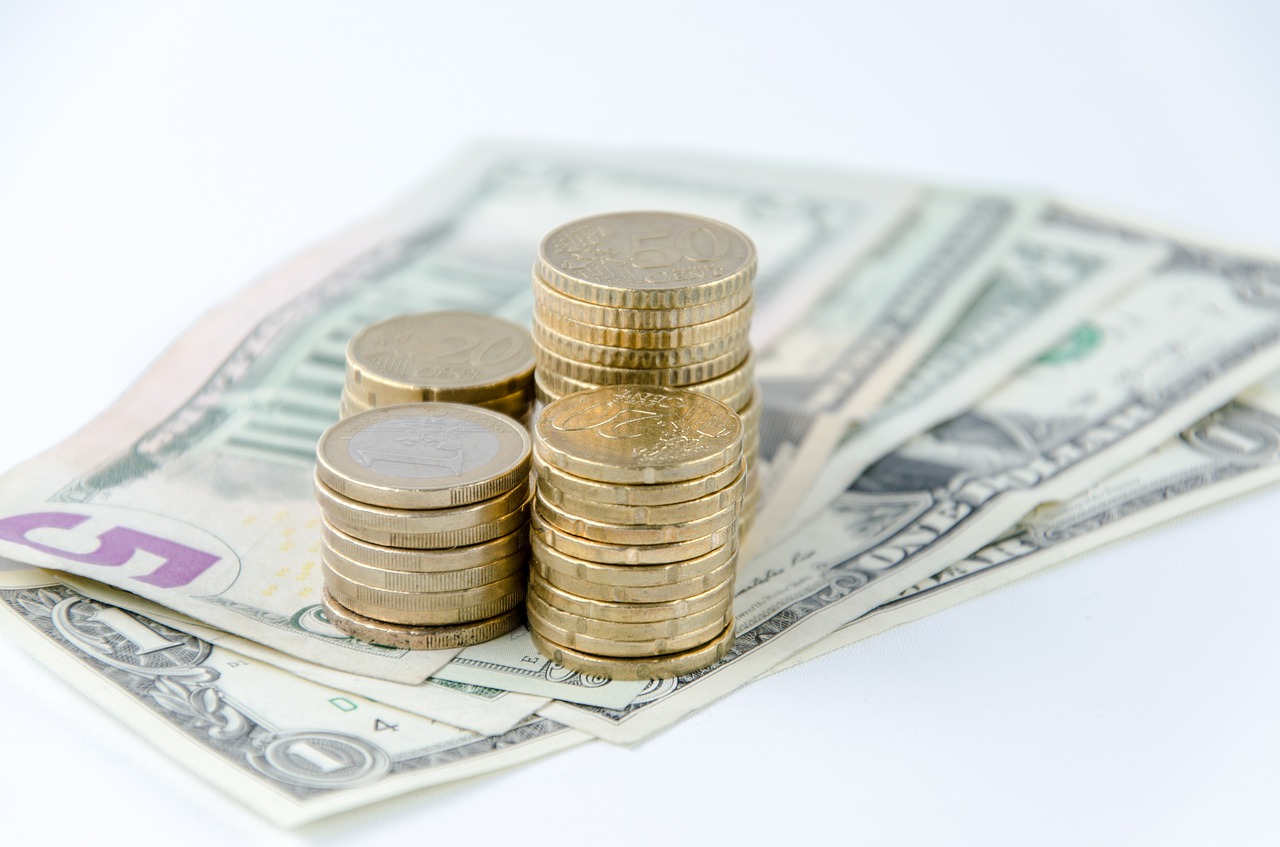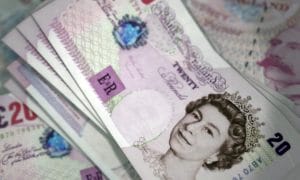The US dollar (USD) remained soft against its rival Japanese Yen (JPY) ahead of a release of US inflation data later in the day. USD/JPY noted 15 months low on Wednesday.
- USD/JPY drops to 15 months low as risk sentiments sours amid Nikkei’s fall.
- US inflation data awaited later on the day.
The US Dollar was 0.8 percent lower at 106.960 yen; it’s lowest since November 2016. Drop in Japanese shares increased demand for Yen which is often sought in times of market turmoil.
The US Dollar enjoyed a short pause against its rival Japanese Yen overnight as US equity managed to gain for the third consecutive session on Tuesday following last week‘s sharp downturn. But again it showed unsteady movement when Japan’s Nikkei surrendered early gains and fell to four months low on Wednesday.
The dollar’s fall against yen comes after the decline of a number of peers.
Other major currencies also climbed higher amid the dollar weakness. The euro and Australian dollar touched one week highs against the greenback.
USD Performance Versus other Major Currencies
The euro (EUR) was up 0.3% at $1.2380, the Australian dollar (AUD) was 0.2% higher at 0.7878, whereas the British pound (GBP) added 0.1% to $1.3909. Again, The Swiss franc (CHF) rose 0.35 % to 0.9313 franc per dollar.
The New Zealand dollar (NZD) was also up 0.6% at $0.7317 after slight lift in central bank inflation data expectation.
It is expected that US consumer price index is to advance for the fifth straight month.
What’s Driving US Dollar Market?
These two factors are currently driving the market.
Firstly, Investors are keeping close eye to Wednesday’s US consumer-price- inflation data release as it is anticipated as a barometer for March interest rate increase by Federal Reserve.
And second one is, investors are considering US president Donald Trump’s proposed budget which is over $ 4.4 trillion, which would lift military and border security spending and will cut many social programmes.
What to expect from US inflation data?
US CPI data is to play a vital role for investors as well as for the market, Overall we can say it may further weaken the US dollar in short term as further confidence can be seen in the stock market.














